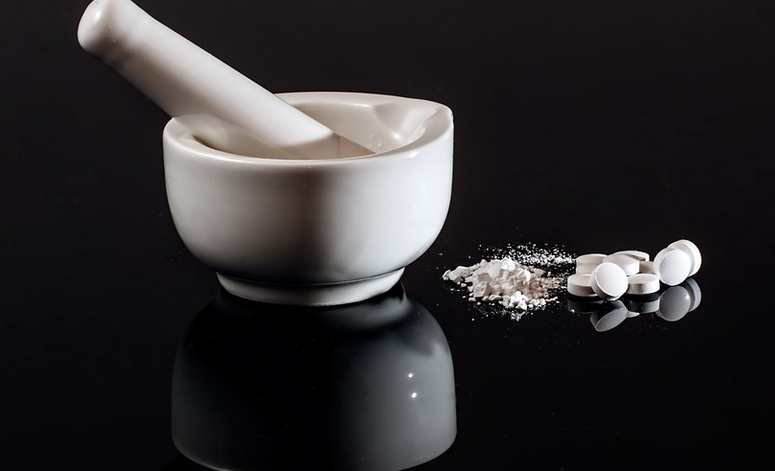Flavonoids are a class of natural compounds that are widely distributed in the plant kingdom. These compounds are known for their diverse biological activities, such as antioxidant, anti-inflammatory, and anticancer properties. In this article, we will discuss the chemistry and biological activities of flavonoids in detail.
Chemistry of Flavonoids
Flavonoids are composed of two aromatic rings (A and B) linked by a three-carbon bridge (C). The flavonoid skeleton can be modified by the addition of various functional groups, such as hydroxyl, methoxy, and prenyl groups. Flavonoids are classified into several subclasses based on the position and number of hydroxyl groups on the flavonoid skeleton. The major subclasses of flavonoids include flavones, flavonols, flavanones, flavanonols, anthocyanins, and isoflavones.
Biological Activities of Flavonoids
Flavonoids have been shown to possess a wide range of biological activities, which have been attributed to their antioxidant and anti-inflammatory properties. Flavonoids can scavenge free radicals and inhibit the production of reactive oxygen species, which can cause oxidative damage to cells. Moreover, flavonoids can modulate the activity of several enzymes and transcription factors that are involved in inflammation and oxidative stress.
Antioxidant Activities of Flavonoids
Flavonoids have been shown to possess potent antioxidant activities, which can protect cells from oxidative damage. Flavonoids can scavenge free radicals, inhibit lipid peroxidation, and enhance the activity of antioxidant enzymes, such as superoxide dismutase and catalase. Moreover, flavonoids can modulate the expression of several genes that are involved in antioxidant defense.
Anti-inflammatory Activities of Flavonoids
Flavonoids have been shown to possess anti-inflammatory activities, which can reduce the production of pro-inflammatory cytokines and chemokines. Flavonoids can inhibit the activity of several enzymes and transcription factors that are involved in inflammation, such as cyclooxygenase-2, lipoxygenase, and nuclear factor-kappaB. Moreover, flavonoids can modulate the expression of several genes that are involved in inflammation.
Anti-cancer Activities of Flavonoids
Flavonoids have been shown to possess anti-cancer activities, which can inhibit the growth and proliferation of cancer cells. Flavonoids can induce cell cycle arrest and apoptosis in cancer cells, and inhibit angiogenesis and metastasis. Moreover, flavonoids can modulate the expression of several genes that are involved in cancer development and progression.
Sources of Flavonoids
Flavonoids are widely distributed in the plant kingdom, and can be found in various fruits, vegetables, and herbs. Some of the major dietary sources of flavonoids include citrus fruits, berries, apples, onions, broccoli, and parsley. Moreover, flavonoids can also be obtained from dietary supplements and herbal medicines.
Conclusion
Flavonoids are a class of natural compounds that possess diverse biological activities, such as antioxidant, anti-inflammatory, and anticancer properties. These compounds can be found in various fruits, vegetables, and herbs, and can be obtained from dietary supplements and herbal medicines. Further research is needed to fully understand the mechanisms of action of flavonoids and their potential applications in the prevention and treatment of various diseases.

